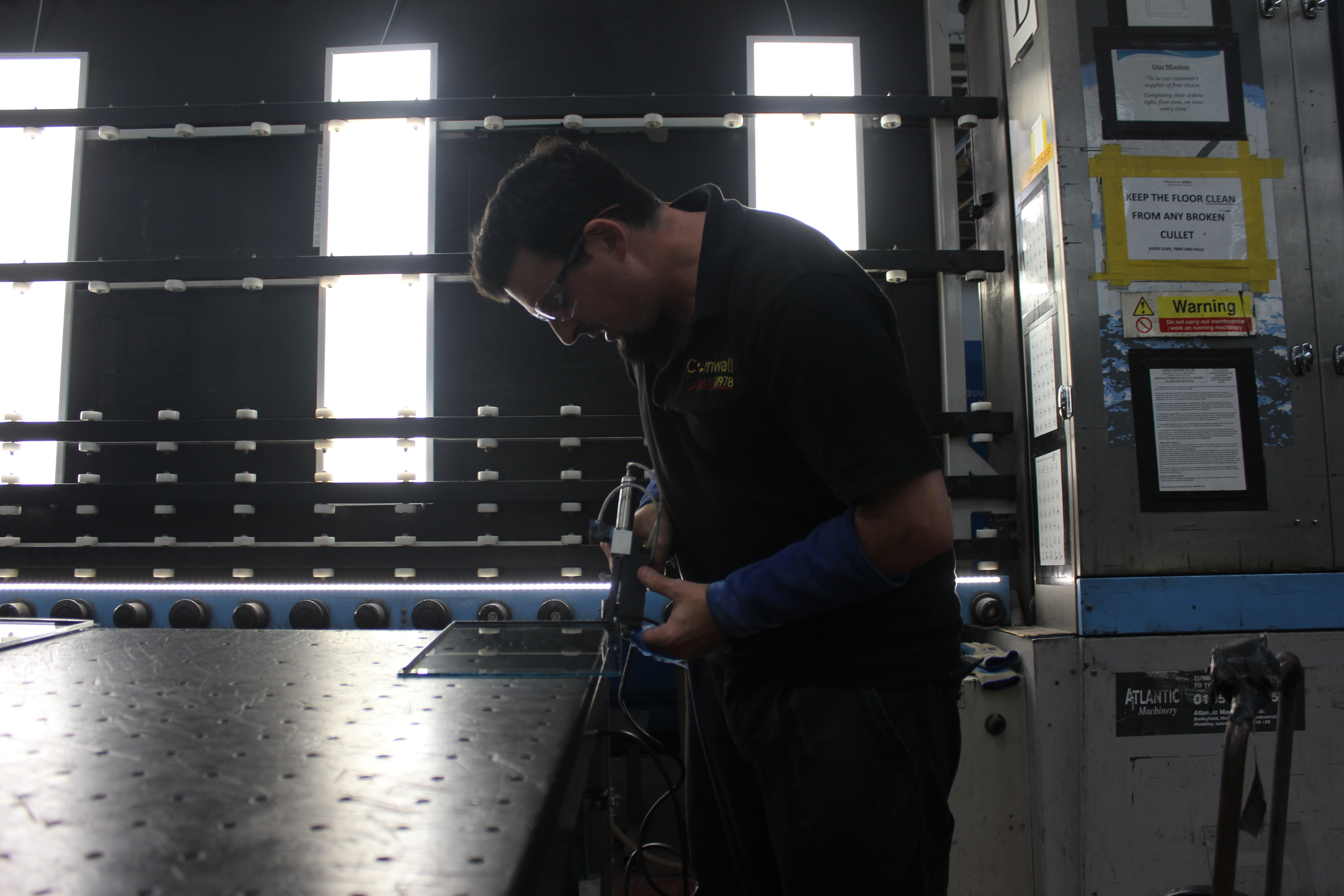Cornwall Glass Manufacturing’s Commercial and Technical Director Angus Herdman believes solar control is crucial in the new era of energy-efficient buildings.
The Future Homes Standard (FHS) is expected to come into force in 2025, and it will mark a significant change in the way the thermal performance of building components is calculated for newbuild properties in England and Wales.
Until now, compliance with Part L of the Building Regulations can be demonstrated by either meeting the required U-values or by Window Energy Ratings (WERs). FHS will likely require new buildings to meet an overall thermal performance, with limiting values for individual components.
“As we talk today, the government has yet to publish the final FHS consultation document,” Cornwall Glass Manufacturing’s Commercial and Technical Director Angus Herdman says. “But we have a reasonable idea of what to expect.
“For example, we’ll only be measuring in U-values, not WERs, and we know that the overall ambition is to reduce the carbon footprint of new buildings. This means better insulation, energy generation (such as solar panels) and heat source air pumps.
“When it comes to the glazing, we could see 0.8W/m2K specified in some cases, with a minimum of 1.2W/m2K in those cases where the overall building fabric is exceptionally thermally efficient.”

Angus Herdman – Commercial and Technical Director
Angus points out that while the figures themselves are unknown at this stage, we can be certain about the direction of travel.
“If windows have to achieve U-values lower than 1.2W/m2K, then we will see an increase in the demand for triple glazing,” Angus says. “And we will also likely see an increase in the need for solar control glass.
“When you used WERs to measure the thermal performance of windows, you could use solar gain to your advantage. With U-values, solar gain has no bearing at all.
“Also, if you are looking to improve the overall carbon footprint of your building, then solar gain is not your friend, especially as we continue to see large glass windows and doors gain in popularity.
“Without the right type of glass limiting the amount of solar gain, the building has to work harder to keep cool, putting pressure on air conditioning units, which increases its carbon footprint. In fact, it costs you four times more to cool your building than it does to heat it.”
Cornwall Glass Manufacturing operates from our three sites in St Austell, Highbridge and Plymouth. The latter provides the foundation for us to manufacture super-sized units in a wide range of solar control, acoustic and low-e monolithic and laminated glass options. We also have heat soaking and jumbo cutting facilities and have invested in enhanced CNC and waterjet capabilities.
“We work very closely with our partner Saint Gobain but can offer a vast array of options from many recognised manufacturers,” Angus says. “We often find ourselves in consultation with building designers who want to maximise the use of glass, without suffering any potential drawbacks. This will only increase as the Building Regulations become tighter.”
Saint Gobain’s SKN 176 and 183 were first developed for commercial applications to provide cooler conditions for office workers. SKN 176 can produce a g-value of 0.37 and a U-value of 1.0W/m2K on a 16mm cavity, while achieving a light transmittance of 70%. SKN 183 offers the same but with a g-value of 0.4 and a light transmittance of 74%.
Available in a 4mm outer leaf, SKN176 can also be used to manufacture a very lightweight unit and can be combined with Saint Gobain’s SGG STADIP product range for improved solar or acoustic control.
“FHS will change the way we view buildings and how the different components work together,” Angus concludes. “At Cornwall Glass Manufacturing, we have invested significantly to meet the demands for oversized glass units, while limiting the effects of solar gain. We are confident we have the right solutions in a carbon-friendly world.”
For more information, please call 01726 66325 email info@cornwallglass.co.uk or log on at www.cornwallglass.co.uk .



